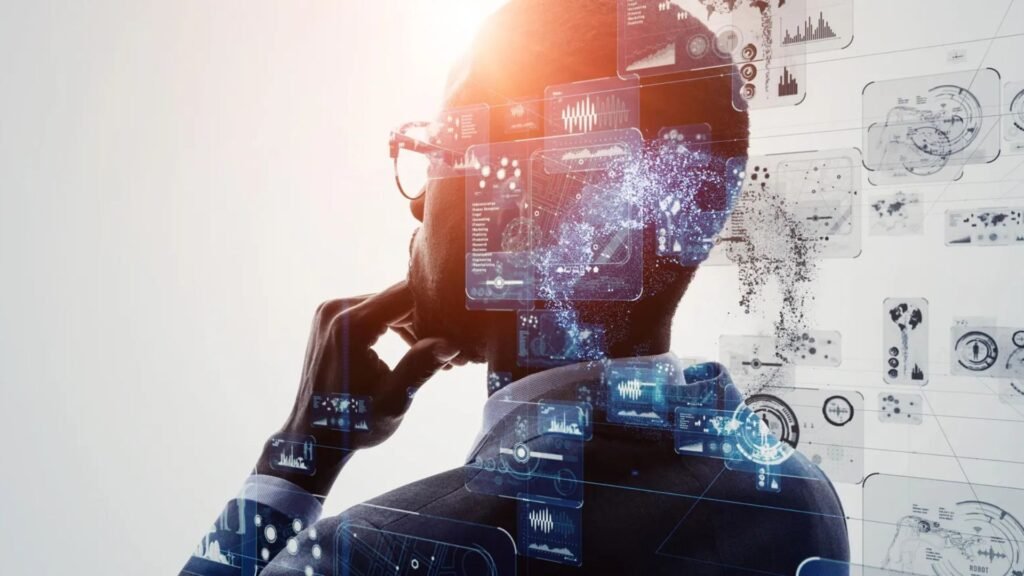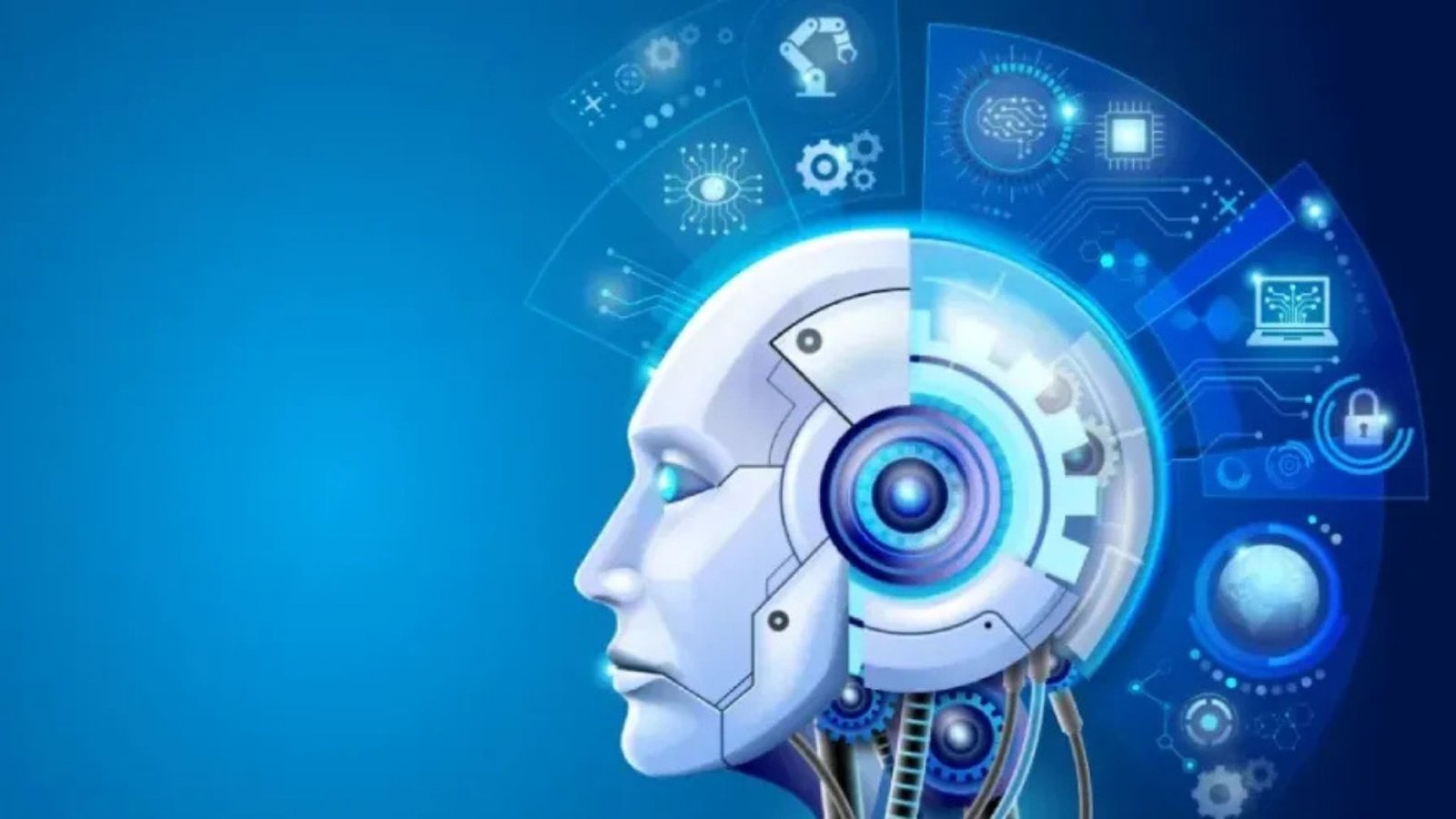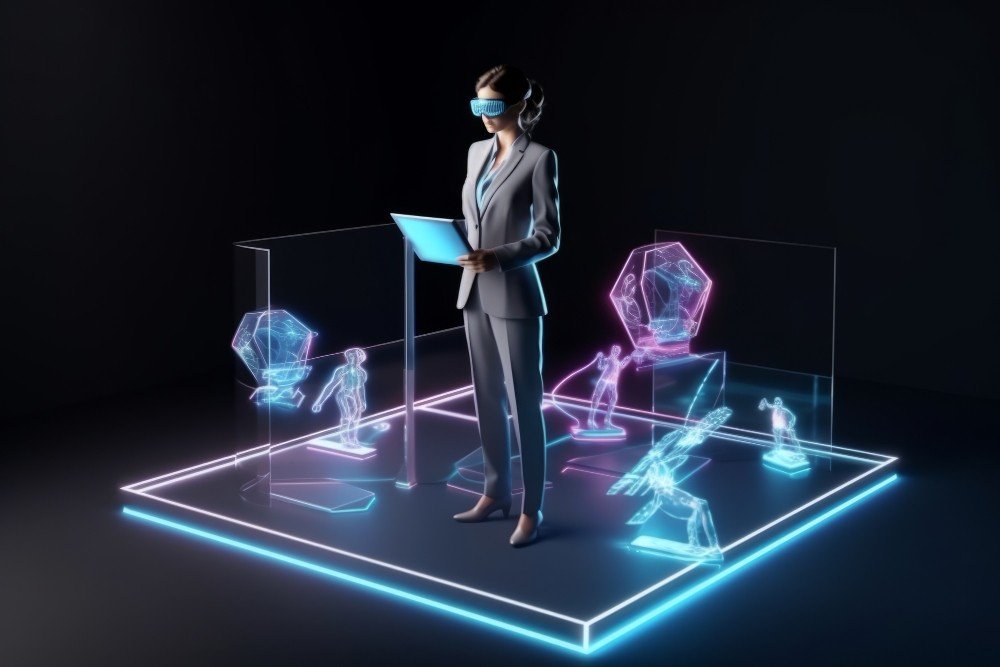Machine learning (ML), a subset of artificial intelligence (AI), has emerged as a critical technology that is reshaping industries and driving innovation. By enabling systems to learn from data, identify patterns, and make decisions without explicit programming, machine learning is at the heart of many future technological advancements. From autonomous vehicles to personalized healthcare, the potential applications of ML are vast, and its influence will only continue to grow. In this article, we will explore why machine learning is essential for the future of technology and how it is transforming the way we live and work.

Powering Automation and Efficiency
One of the most significant ways that machine learning is shaping future technologies is by powering automation. Automation, enabled by ML, allows machines to perform tasks traditionally done by humans, making processes more efficient, accurate, and cost-effective.
Key Benefits of Automation:
- Task Optimization: ML algorithms can analyze vast amounts of data quickly and accurately, optimizing decision-making and improving business processes.
- Predictive Maintenance: ML is used to predict when equipment will fail, allowing businesses to perform maintenance before costly breakdowns occur.
- Robotic Process Automation (RPA): ML algorithms are being used to automate repetitive tasks in industries like finance, manufacturing, and customer service, freeing up human workers to focus on more complex activities.
By driving automation, ML is helping industries save time and money, increase productivity, and improve the overall quality of services and products.
Enhancing Personalization
Machine learning is a key driver of personalized experiences in a variety of sectors, from entertainment and marketing to healthcare and education. By analyzing individual preferences and behaviors, ML can tailor recommendations, services, and content to meet the unique needs of users.
Applications of Personalization:
- Recommendation Systems: Platforms like Netflix, Amazon, and Spotify use ML to suggest content based on user preferences, enhancing user experience and engagement.
- Targeted Marketing: ML algorithms analyze customer data to create personalized marketing strategies, ensuring that businesses reach the right audience with the right message.
- Personalized Healthcare: In medicine, ML can analyze patient data to recommend personalized treatment plans, improving patient outcomes and optimizing healthcare services.
Personalization is rapidly becoming a key differentiator for businesses, and machine learning is at the core of delivering tailored experiences at scale.
Improving Data-Driven Decision-Making
Machine learning’s ability to analyze vast amounts of data and extract valuable insights is revolutionizing decision-making across industries. Businesses, governments, and organizations are increasingly relying on ML to inform strategic decisions, optimize operations, and predict future trends.
Key Benefits:
- Predictive Analytics: ML algorithms analyze historical data to make predictions about future events, trends, and behaviors, allowing businesses to make informed decisions and reduce risk.
- Data Insights: By identifying patterns and correlations in complex datasets, ML helps uncover insights that humans might miss, leading to smarter decision-making.
- Real-Time Analytics: With ML, businesses can gain insights from data in real time, allowing them to respond to market changes, customer behaviors, and operational inefficiencies immediately.
ML empowers businesses to make data-driven decisions faster and with greater precision, improving operational efficiency and competitive advantage.
Advancing Autonomous Systems
One of the most exciting areas where machine learning is driving future tech is in the development of autonomous systems. From self-driving cars to drones and robots, ML is enabling machines to operate independently, make decisions, and navigate complex environments.
Applications in Autonomous Tech:
- Autonomous Vehicles: Self-driving cars rely heavily on ML to process data from sensors, cameras, and GPS systems to make real-time decisions, navigate roads, and ensure passenger safety.
- Drones: ML is used to enable drones to identify obstacles, navigate autonomously, and perform tasks such as delivery, surveillance, and mapping.
- Robotics: ML algorithms are helping robots learn from their environment, improve their interactions, and perform tasks ranging from manufacturing to healthcare assistance.
By enabling machines to operate autonomously, ML is creating new opportunities for innovation in transportation, logistics, healthcare, and beyond.
Enhancing Natural Language Processing (NLP)
Natural Language Processing (NLP) is a field of AI that enables computers to understand, interpret, and generate human language. ML is critical to the development of NLP, making it possible for machines to engage in meaningful conversations, translate languages, and process text data more accurately.
Key NLP Applications:
- Chatbots and Virtual Assistants: NLP, powered by ML, is at the core of chatbots like Siri, Alexa, and Google Assistant, allowing these systems to understand voice commands and provide helpful responses.
- Language Translation: ML algorithms improve the accuracy of language translation services, breaking down language barriers and making communication easier on a global scale.
- Sentiment Analysis: ML helps businesses analyze customer feedback, reviews, and social media content to understand public sentiment and make data-driven decisions.
Machine learning is dramatically improving the ability of machines to understand and interact with human language, making communication between humans and technology more intuitive.
Conclusion
Machine learning is the key to unlocking the full potential of future technologies. By enabling automation, personalization, data-driven decision-making, and autonomous systems, ML is driving innovation across industries. As ML continues to evolve, its impact will only grow, revolutionizing sectors like healthcare, transportation, cybersecurity, and more. Embracing machine learning will be critical for businesses and governments that want to stay ahead in the fast-paced world of technological advancement. Ultimately, machine learning is not just a tool for the present—it is shaping the future of technology, transforming how we live, work, and interact with the world.




